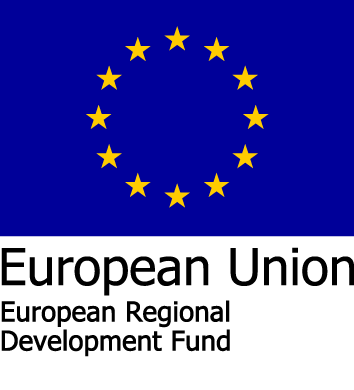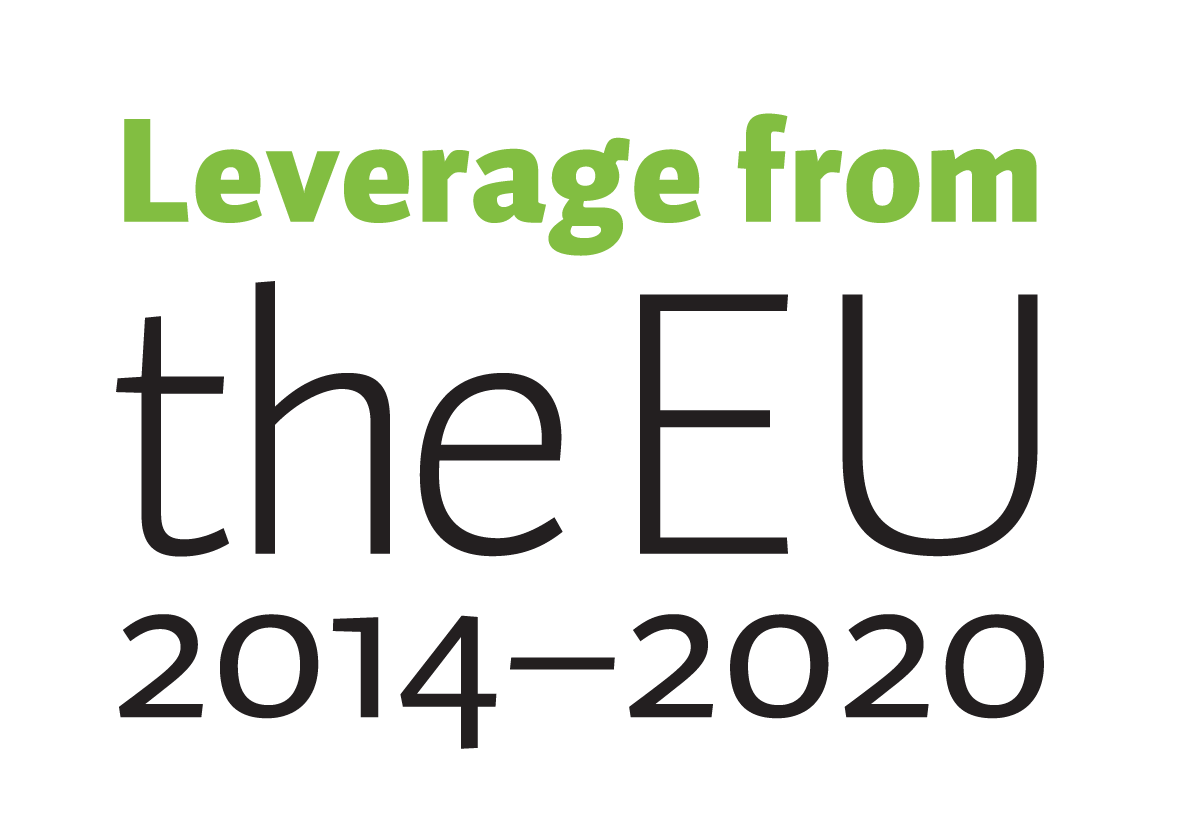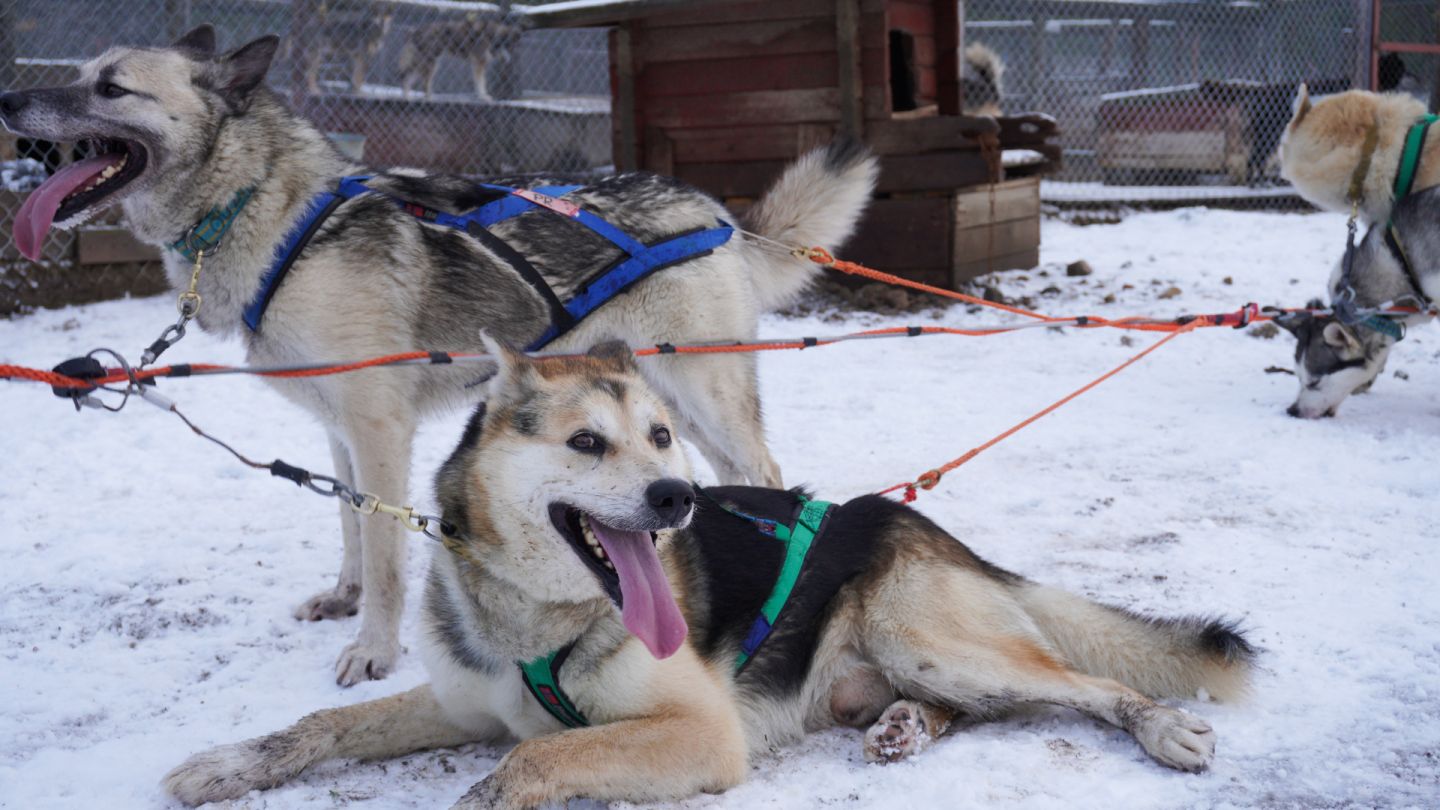The coronavirus crisis has caused many challenges to the tourism industry but Lappish tourism companies rise to the occasion. The Lappish business culture jointly protects primary values, such as safety and accountability, and resilience shows in the local entrepreneurs’ actions.
In the face of the coronavirus crisis, Harriniva Hotels & Safaris made a bold decision – they remained open despite the changes in the tourism industry. The company quickly set out to review the situation and prepare a plan. The company carried out an internal Covid-19 risk assessment, which among other things, indicated that the programme services and facilities required a reform so that the safety distances could be better observed.
– An experiential product has always been our main product and accommodation has been an additional service, explains Niina Pietikäinen, CEO of Harriniva Hotels & Safaris. – Since we are heading into the winter season, we must turn our ideology upside down: we primarily sell accommodation, and the experience is offered as an additional service.
The family business, Harriniva Hotels & Safaris, was established 47 years ago, and it offers accommodation and restaurant & catering services as well as programme services. The accommodation destinations of the holiday centre are Harriniva, Jeris, and Torassieppi in Muonio, and Galdotieva and Polar-Lento in Enontekiö. During the winter, the programme services include, e.g. husky, snowmobile, Northern Lights, and reindeer safaris, as well as Wellness treatments. During the summer, the holiday centre offers husky and reindeer farm visits and hikes, in addition to rafting and canoeing programmes. At Jeris, there’s also Arctic Sauna World where you can unwind and relax all year round.
In 2019, Harriniva’s turnover was 10.1 million euros, and the company employs 93 people.
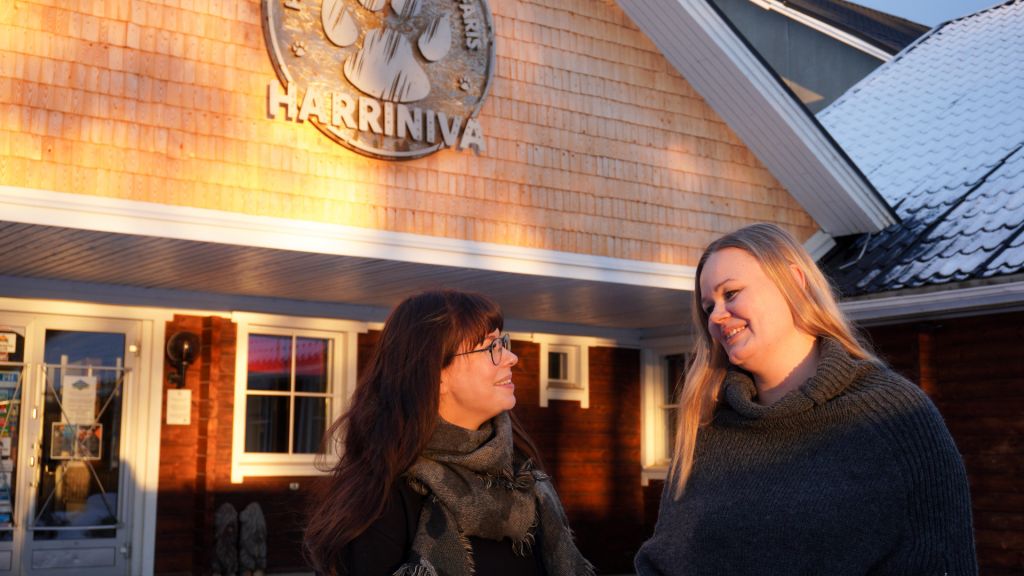
A new perspective for the company
The company’s most important season is winter, and its largest customer group are foreign tourists, so Harriniva concluded that an impressive domestic advertising campaign was the next appropriate step. The “Kylmä on uusi kuuma” [Cold is the new hot] campaign aims to increase the attractiveness of Harriniva as a holiday destination by emphasising Lapland’s unique conditions and advantages as well as the company’s accountability.
– We concluded that we should be bold and step up to the game! We are not well-known in Finland, so we have to put all our efforts into ensuring that everyone notices the campaign, says Pietikäinen.
– In this new coronavirus situation, people are unable to go on their typical sun-worshipping holidays, so now it’s time to turn the focus to the North. Therefore, we set off with contrasts in mind: we have peace and nature, no crowding or masses, unlike the situation at busy tourist beaches, says Hanna-Mari ”Pyry” Talvensaari, Sales and Marketing Manager.
The campaign shall continue until the end of 2020. The first weeks have already provided promising results: there has been an 8.5-fold increase of domestic visitors on the website, over seven times more website sessions, and the campaign has reached a total of more than 30 million gross contacts.
– We realised that time and tide wait for no man, explains Talvensaari as she explains the company’s decision to respond to the coronavirus crisis and invest in domestic tourism.
Upon the change in perspective, services suitable for Finns have been considered. Torassieppi Reindeer Farm’s Local History Museum has been reformed during the autumn with coronavirus restrictions in mind. The museum is divided between the Lapinkartano Manor and an old barn: the buildings were saved during the Lapland War, and they tell about the local history since 1847.
During the reform of the museum premises, the interior was organised to better conform with safety distances, and visitors can also tour the museum independently. A TV screen has been installed in the barn for the purpose of video presentations. In addition to the museum, the reindeer farm offers reindeer sleigh rides in which it is easy to keep the groups small because only two visitors can be seated in the sleigh at once. The reindeer farm’s guide, Tommi Taimi, believes that Torassieppi’s services are of interest to Finnish tourists. However, domestic tourists haven’t previously found them, or foreigners have already managed to fill up the maximum offered capacity.
Harriniva Arctic Sled Dog Centre’s ‘Adopt a husky’ programme was successfully initiated at the end of October. Already after the first week, around 100 people, both Finns and foreigners, took part in the programme. There are various adoption packages, and some of them include a virtual tour, a visit to the kennel, or a safari with the huskies.
Piita Koski, who has worked at the husky kennel for approximately ten years, is satisfied with the initiation of the adoption programme. In her opinion, the general attitude is that there is hope in terms of the winter season. Koski believes that the adoption programme will make Finns more enthusiastic about husky safaris. She explains how Finns have been met with “Sorry, none left” during previous winters because foreign tourists had booked all the safaris.
– I believe that, from among all the programme services, Finns would choose the husky safari, Koski considers.
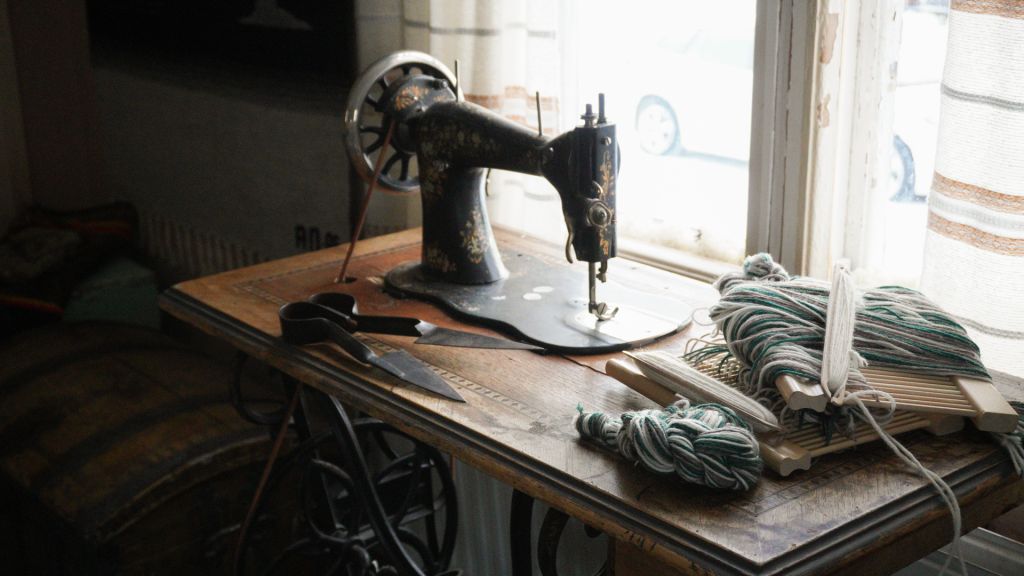
Common primary values in Lapland
According to Niina Pietikäinen, Lapland’s business culture offers the business environment primary values, such as safety and cleanliness, which an individual company would otherwise find it challenging to influence. For example, there is hardly any vandalism, which is present in large cities, and there is a will to protect nature because it provides a lot for many business operations. Pietikäinen considers the entrepreneurs in the North to be operators with an added pinch of persistence.
According to the managing director, the Lappish business culture also emphasises a certain level of familiarity and casualness, because nature and weather determine the schedule to some extent.
– Nature is the one that dictates a lot in business operations, including for those who don’t offer it as a product. This naturally affects attitudes concerning business operations, she states. – Safety, sustainability, cleanliness – we all want to protect these factors, not just entrepreneurs in the tourism industry.
Pietikäinen is the Deputy Chairman of the Board of the Lapland Chamber of Commerce and the Chairman of the Committee on Tourism. She explains that operators in the mining and forest industry, and operators in the tourism industry, are involved at the Chamber of Commerce and that they all share the values of accountability and sustainability.
– All the industries are working towards a common objective of sustainability and carbon-neutrality. We all have the same vision that we want to be carbon-neutral before the rest of Finland.
It is easy for companies to create cooperation networks in Lapland. For example, Harriniva works in close collaboration with the tourism association Discover Muonio, and its business partners. Pietikäinen assesses that the crisis experienced by the tourism industry has brought companies even closer to each other.
– The awareness of the region is increased in cooperation with the other tourism companies of the area and the municipality, she says. – It’s great to see that, particularly during difficult times, it is possible to work together for a common goal, and jointly send a message to Southern Finland as a tourism business as well as supervise the interests of others and carry out influential work.
Lapland is excellent in terms of its location because it shares its borders with three different states. The vicinity of Sweden and Norway, in particular, provide opportunities. In that sense too, Lapland differs from Southern Finland: the transport connections are more accessible since there is no sea in between. Pietikäinen notes that the shared borders create normality in international business operations, which is an essential advantage in tourism, as well as to Lapland’s exports in general.
Trends in northern tourism
Accountability plays a vital role in Harriniva’s operations: the company’s objectives include the protection of the wilderness, local operations, and the development of traditions and well-being. In terms of sustainability, the tourism company has, for example, progressed to the geothermal heating of its facilities, the minimisation of waste and disposable dishware, and it has started a tree-planting campaign.
In October, Torassieppi’s destination was issued the international Green Key certificate for environmental friendliness, and the next objective is to obtain the certificate for all of Harriniva’s locations. Progress will be made in the process when the changes in the current year have been overcome.
– In 2019, we decreased Torassieppi’s carbon footprint, and it now corresponds to a household of four people, which is a minimal result. When Torassieppi’s adjoining land areas are included, the carbon footprint has been compensated at a 12-fold level.
Pietikäinen believes that in the future of tourism, once the epidemic situation has calmed down, returning to the fundamental values is vital to increase tourism. In addition to this, she considers that the tourism industry should incorporate an increasing amount of modern digital solutions.
– Major trends, such as health, safety, and space, are to our advantage. We are easily able to respond to safety and well-being.

